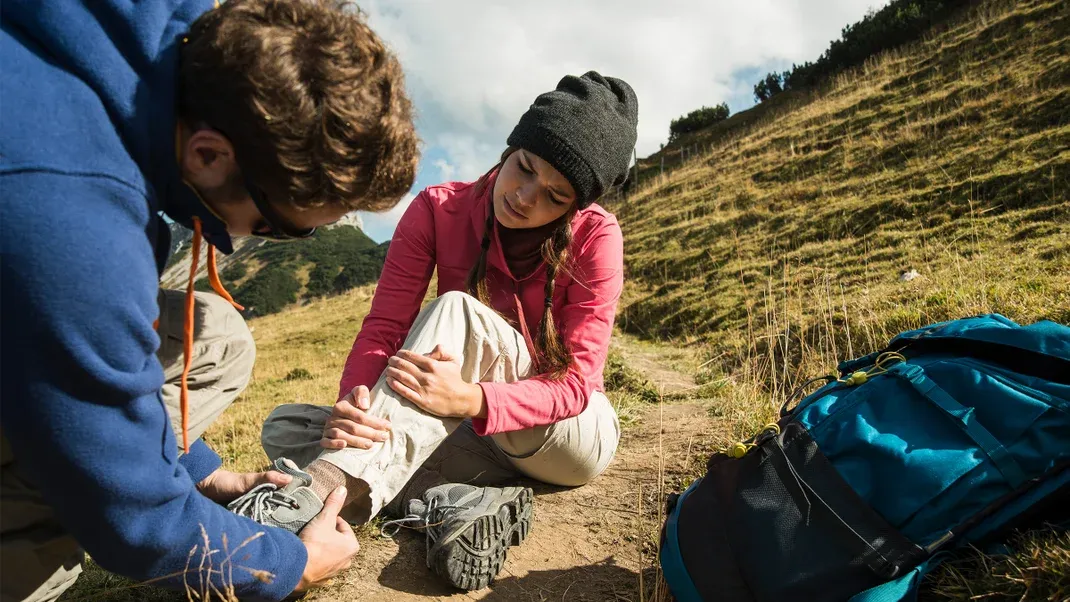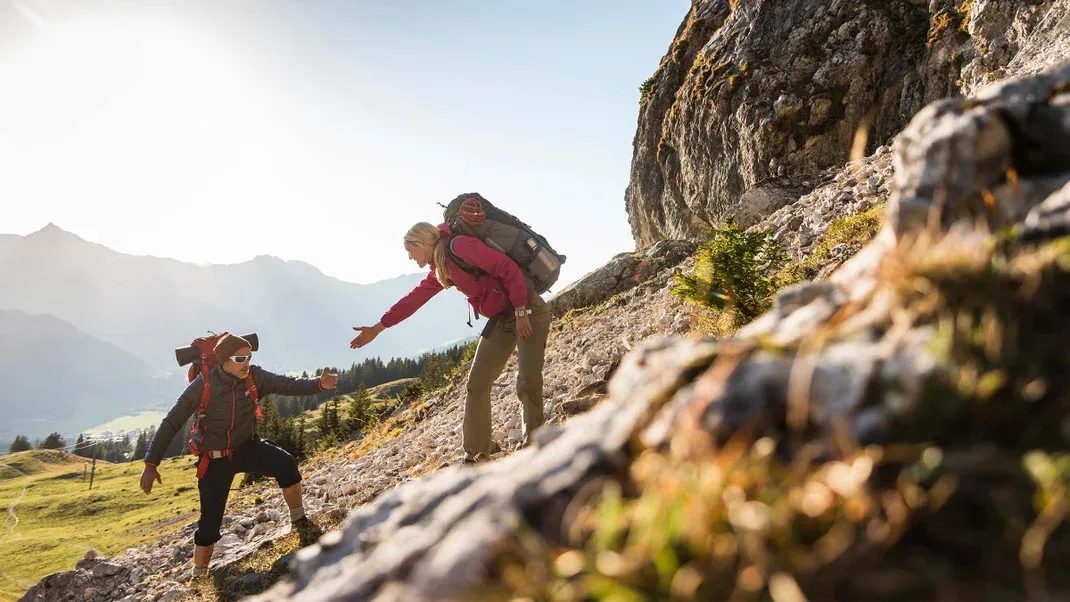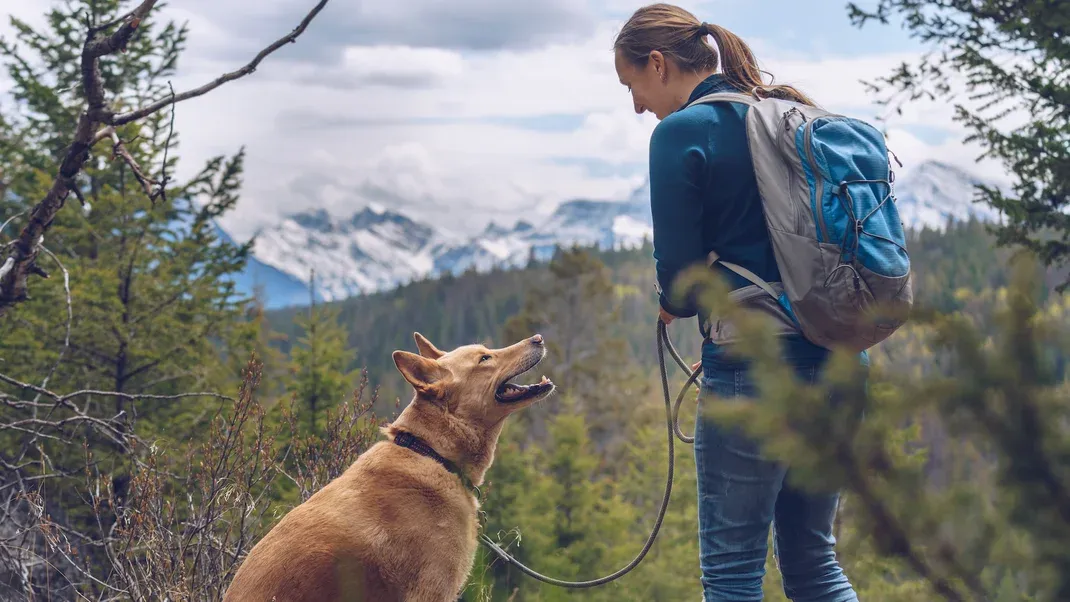Why Every Hiker Should Take a Wilderness First Responder Course
Every hiker should consider taking a Wilderness First Responder (WFR) course to be prepared for emergencies in the backcountry. WFR training goes beyond basic first aid and equips hikers with the knowledge and skills to handle medical emergencies in remote locations where professional help may be hours away. This course teaches how to assess and manage injuries, handle environmental emergencies, and improvise with limited resources. With WFR training, hikers can confidently respond to accidents and illnesses, making them better prepared to handle the unexpected while enjoying the great outdoors.

Hiking is a popular outdoor activity that allows people to enjoy nature and experience the beauty of the wilderness. However, hiking also comes with its own set of risks and challenges, including the potential for accidents and injuries. While most hikers hope for a safe and enjoyable experience on the trails, it's important to be prepared for the unexpected. That's why every hiker should consider taking a Wilderness First Responder (WFR) course.
A WFR course is designed to provide hikers with the skills and knowledge they need to respond to medical emergencies in remote wilderness settings. This comprehensive training covers a wide range of topics, including patient assessment, treatment of injuries and illnesses, evacuation techniques, and wilderness survival skills. By completing a WFR course, hikers can gain the confidence and competence to handle medical emergencies in the backcountry and potentially save lives.
One of the key reasons why every hiker should take a WFR course is to be better prepared for medical emergencies in the wilderness. When hikers venture into remote areas, they are often far from medical facilities and emergency services. In the event of an injury or illness, hikers may need to rely on their own skills and resources to provide immediate care until help can arrive. A WFR course can equip hikers with the knowledge and tools they need to assess and treat medical emergencies in the backcountry, potentially making the difference between life and death.
Additionally, a WFR course can help hikers develop a better understanding of the unique challenges and risks associated with providing medical care in remote wilderness settings. Unlike urban environments, the backcountry presents a host of obstacles, including rugged terrain, extreme weather, and limited access to resources. A WFR course can teach hikers how to adapt their medical skills to the demands of the wilderness and make the best use of the resources available to them. This can be crucial in situations where timely medical care is essential for a hiker's survival.
Furthermore, a WFR course can help hikers develop valuable leadership and decision-making skills that are essential for managing medical emergencies in the wilderness. In high-stress situations, hikers may need to take charge and make critical decisions about patient care, evacuation plans, and resource allocation. A WFR course can teach hikers how to effectively lead a response to medical emergencies, communicate with other members of their group, and make informed decisions under pressure. These leadership skills can be invaluable in situations where hikers need to take control of a crisis and guide their group to safety.
In addition to providing hikers with the skills and knowledge they need to respond to medical emergencies, a WFR course can also help them become more self-sufficient and resilient in the wilderness. By learning how to assess and treat injuries and illnesses, hikers can reduce their reliance on external medical assistance and increase their ability to handle emergencies on their own. This self-sufficiency can give hikers greater confidence to explore remote areas and take on more challenging hikes, knowing that they have the skills to handle whatever comes their way.
Moreover, a WFR course can help hikers become more effective members of their hiking community by allowing them to provide assistance to others in need. In the event of a medical emergency on the trail, hikers who have completed a WFR course can step in and provide critical care until professional help arrives. This can be a game-changer in situations where every minute counts, and can make a significant difference in the outcome of a medical emergency. By becoming more competent and confident in their ability to respond to emergencies, hikers can contribute to a safer and more supportive hiking community for everyone.
Furthermore, a WFR course can help hikers develop a deeper appreciation for the wilderness and a greater sense of responsibility for the safety of themselves and others. As hikers learn about the unique challenges and risks of providing medical care in remote settings, they may develop a greater understanding of the importance of being prepared and proactive in their approach to hiking. This can lead to a stronger commitment to safety and a greater willingness to take on the responsibility of being prepared for emergencies in the wilderness.
In conclusion, a Wilderness First Responder course is an essential training for every hiker. By completing this comprehensive course, hikers can gain the skills, knowledge, and confidence they need to respond to medical emergencies in the backcountry. This training can help hikers become better prepared, more self-sufficient, and more effective leaders in the wilderness, ultimately contributing to a safer and more supportive hiking community for everyone. Whether you're an experienced hiker or just starting out, a WFR course is a valuable investment in your safety and the safety of those around you.




